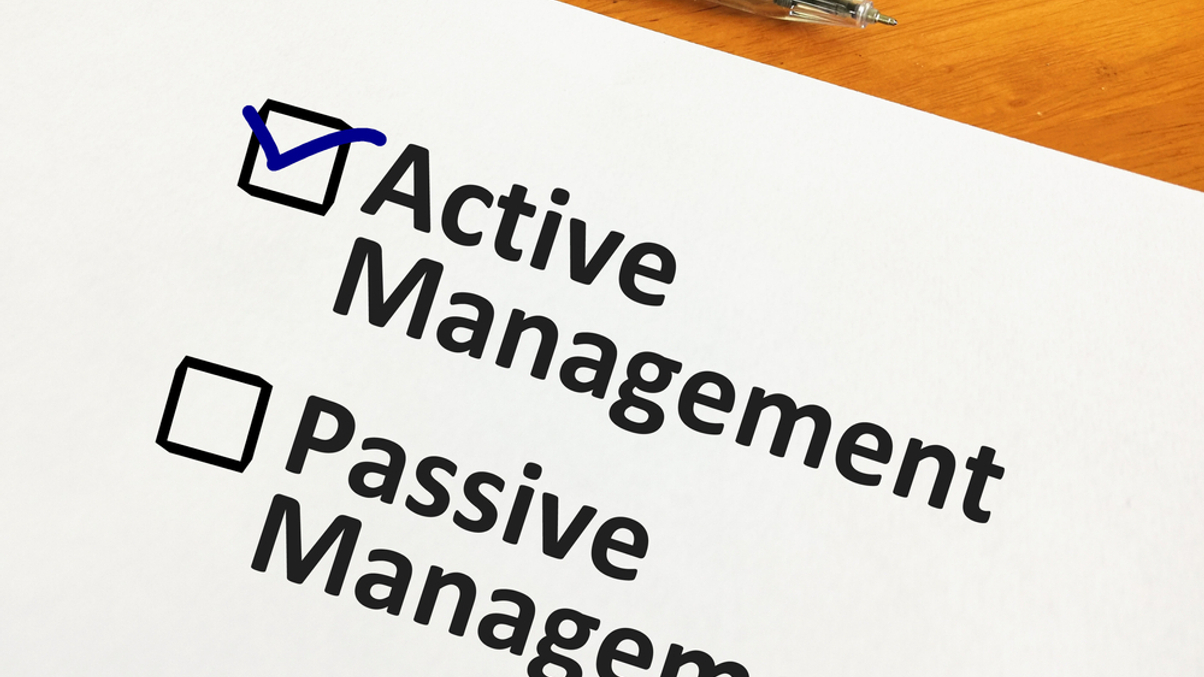Future Fund shifts to active approach in 'new investment order'
Taking a passive approach to listed investments is no longer sufficient to ensure satisfactory returns, said the Australian sovereign fund's chief.

Dr Raphael Arndt, chief executive officer of Australia’s A$250 billion Future Fund is challenging asset owners to review and revise their investment approach, particularly to move away from their bias for passive management.
Sign in to read on!
Registered users get 2 free articles in 30 days.
Subscribers have full unlimited access to AsianInvestor
Not signed up? New users get 2 free articles per month, plus a 7-day unlimited free trial.
¬ Haymarket Media Limited. All rights reserved.


